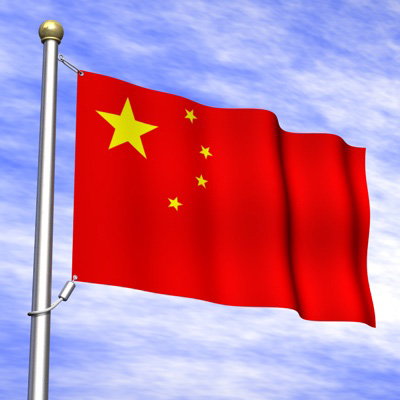I’m not even going to attempt to translate this title.
Many people are confused when it comes to the region of Hong Kong and most Americans think it’s simply a large city located in China. However, Hong Kong is a special administrative region of the People’s Republic of China (a.k.a China). It is not part of mainland China. It possesses it’s own government, multi-party legislatures, legal systems, police forces, monetary systems, national sports teams, etc. Even though Hong Kong is technically owned by China, it’s basically a completely different country.
Hong Kong is known for it’s large skyline and deep natural harbor. It is also one of the most densely populated areas of the world with 7 million people located within 426 square miles. It became a colony of the British Empire after the First Opium war in 1842. China didn’t assume sovereignty in the area until 1997! The time period while Hong Kong was owned by Britain influenced the Chinese culture there heavily, as you can imagine. The official languages of Hong Kong are both English and Chinese (Cantonese). This is why many students who want to study abroad in China are directed away from going there. Almost every educated person in Hong Kong speaks fluent English, so it’s obviously not a good place to be immersed in the Chinese language. Also, a majority of students learn Mandarin Chinese in school and not Cantonese, which is the form of Chinese spoken there. Mandarin and Cantonese are pretty much two different languages. A person who speaks one can not understand the other. The Chinese government calls them both “Chinese” purely for political reasons and to keep the national identity intact.

Flag of Hong Kong until 1997

Flag of Hong Kong now (much prettier I think!)
Hong Kong is a beautiful area and has the second best education system in the world, borrowing most of it’s structure from Britain. It is frequently described as “East meets West”, reflecting the culture’s mix of territories. Although very modernized and westernized, the people there still practice many Chinese traditions. Feng shui is still taken very seriously and is even believed to make or break a business, ba gua mirrors are still used to deflect evil spirits, and buildings lack any floor number that has a “4” in it (the Chinese think this number is extremely unlucky). Other interesting facts about Hong Kong are that it has the highest life expectancy in the world, and 80% of citizens do not claim any religious affiliation (so basically forms of atheism or agnosticism), but some religions include Buddhism , Taoism and Confucianism.
So, even though Hong Kong is owned by China, the citizens there live freely and have no fear of their government. I highly recommend traveling to this area at some point in your life. There are many, many things to do and places to see. You also don’t have to worry about not speaking Chinese because you should be able to find plenty of people that speak English to help you out!


